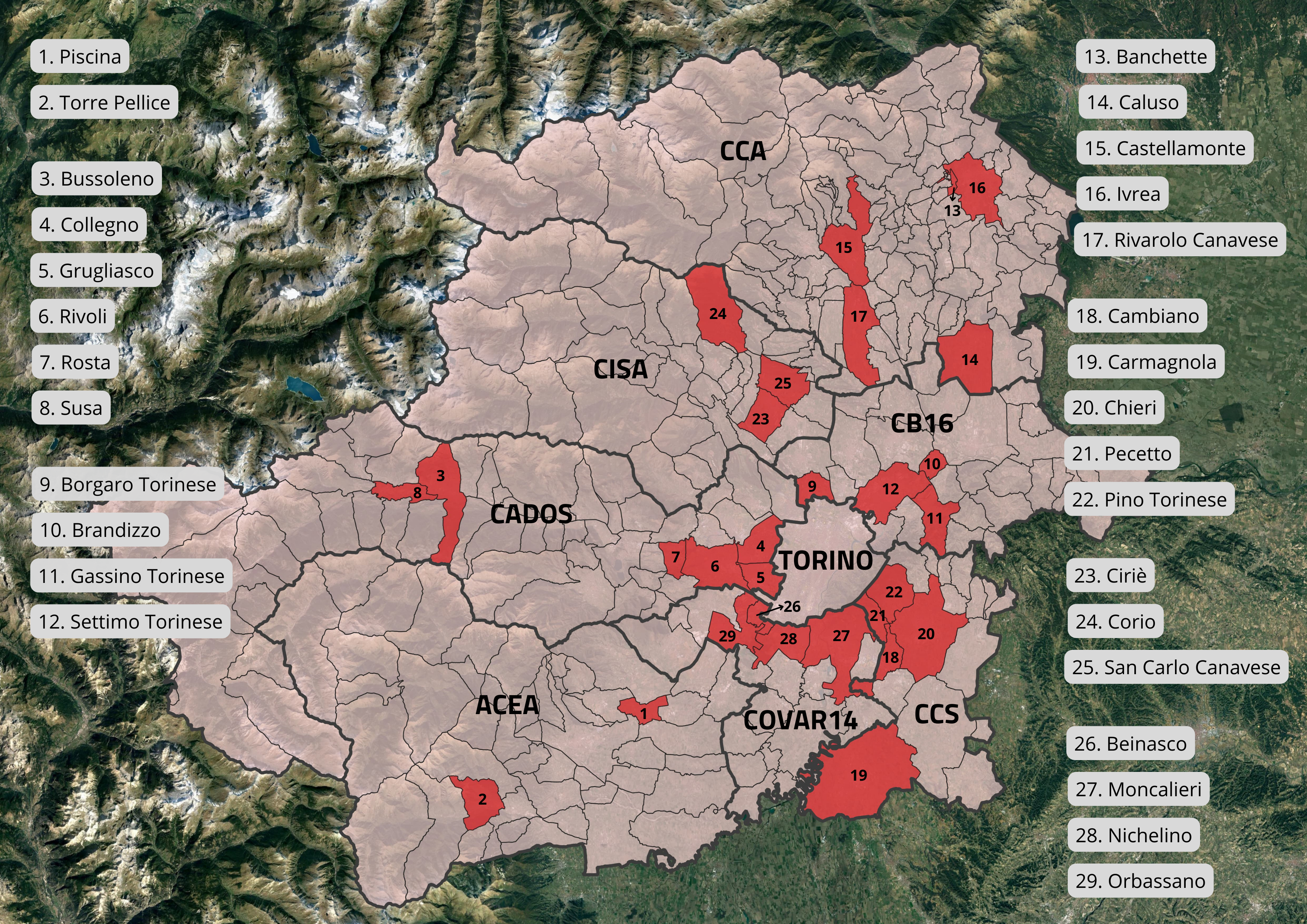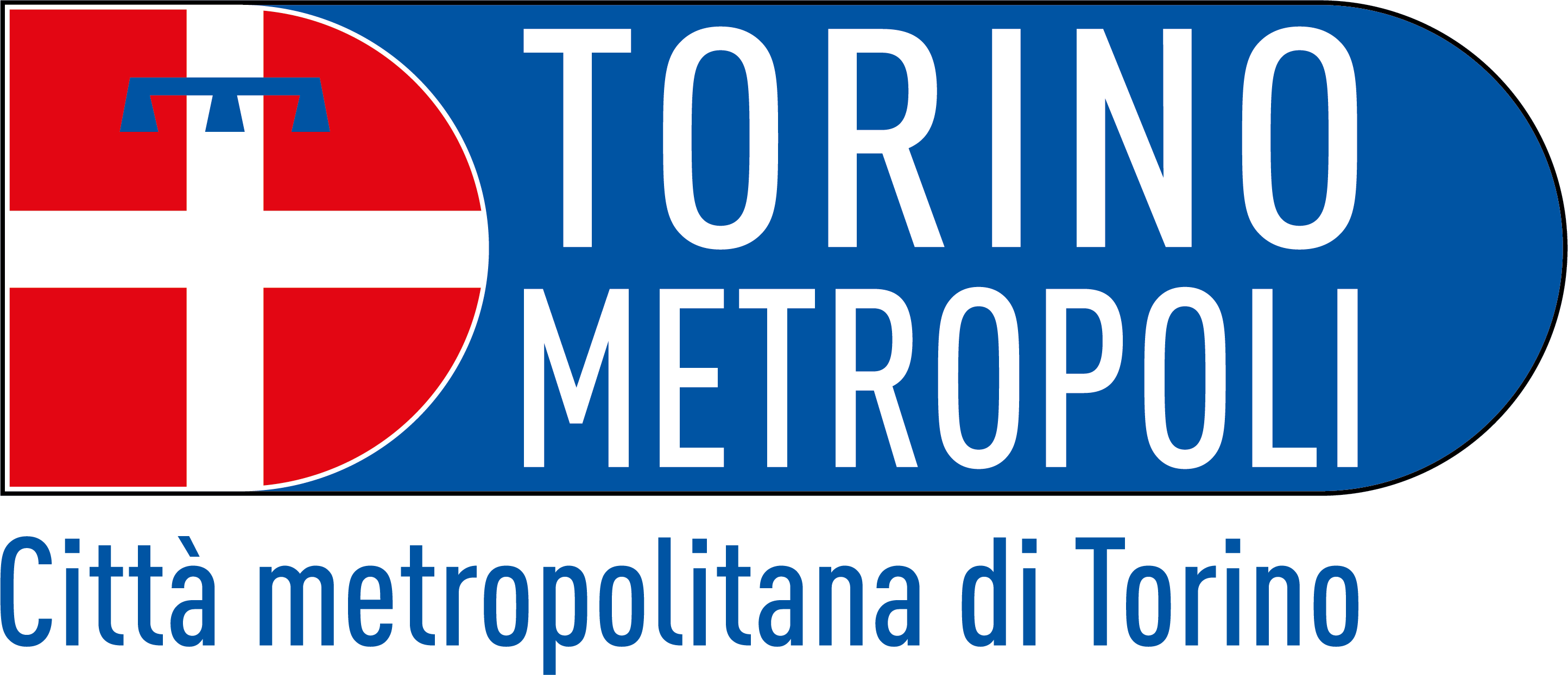The management of urban waste represents a significant challenge, the objective of which is to maximize recycling and reduce environmental impact.
In this context, the Programmazione e Controllo del Ciclo Integrato dei Rifiuti office of the Città Metropolitana di Torino recently published the report entitled "Campagna di analisi merceologiche sul rifiuto urbano indifferenziato" , the objective of which is to evaluate how much recyclable material mistakenly ends up in the unsorted waste flow.
During 2023, the Metropolitan City of Turin entrusted IPLA, an instrumental company of the Regione Piemonte, with a detailed analysis campaign on undifferentiated waste, made possible thanks to the collaboration of the ATO-R and various producer responsibility organizations (PRO).
Overall, 25 analyzes were conducted in 24 municipalities and 8 homogeneous collection areas.

The selection of municipalities was based on weighted criteria, including those with a significant population and a percentage of separate waste collection lower than the average of the respective area, or in any case not in the high range.
A careful evaluation of the results obtained from product analyses, especially those conducted on non-separated waste, are fundamental in interpreting consumption patterns, which are often elusive. The aim of this analysis campaign was to precisely examine the quantities and any territorial disparities relating to the recyclable fractions mistakenly disposed of as undifferentiated waste, rather than through the appropriate separate collections.
The results, now made public in the report, show an uneven situation in the metropolitan area. In fact, significant differences emerge in the ability to intercept the different product fractions, with some management areas still presenting separated waste collection percentages below the objectives established by the Waste Management Plan of the Piedmont Region.
According to the report, the areas managed by ACSEL, ACEA and Teknoservice in which the percentage of separate collection is still lower than 65% require strengthening of separate collection practices, especially with regard to organic and plastic/metal fractions. Similarly, also in the other areas analysed, the need to improve the management of "minor collections", such as WEEE, textiles, non-packaging metals and batteries, is highlighted.
In conclusion, the report underlines the importance of carefully evaluating the results of product analyzes to promote the most complete waste management possible. Improving separate waste collection practices and optimizing the interception of the different product fractions represents a priority for the Metropolitan City of Turin and the local authorities involved, in order to reduce the environmental impact and promote efficient resource management.
Campagna di analisi merceologiche sul rifiuto urbano indifferenziato
